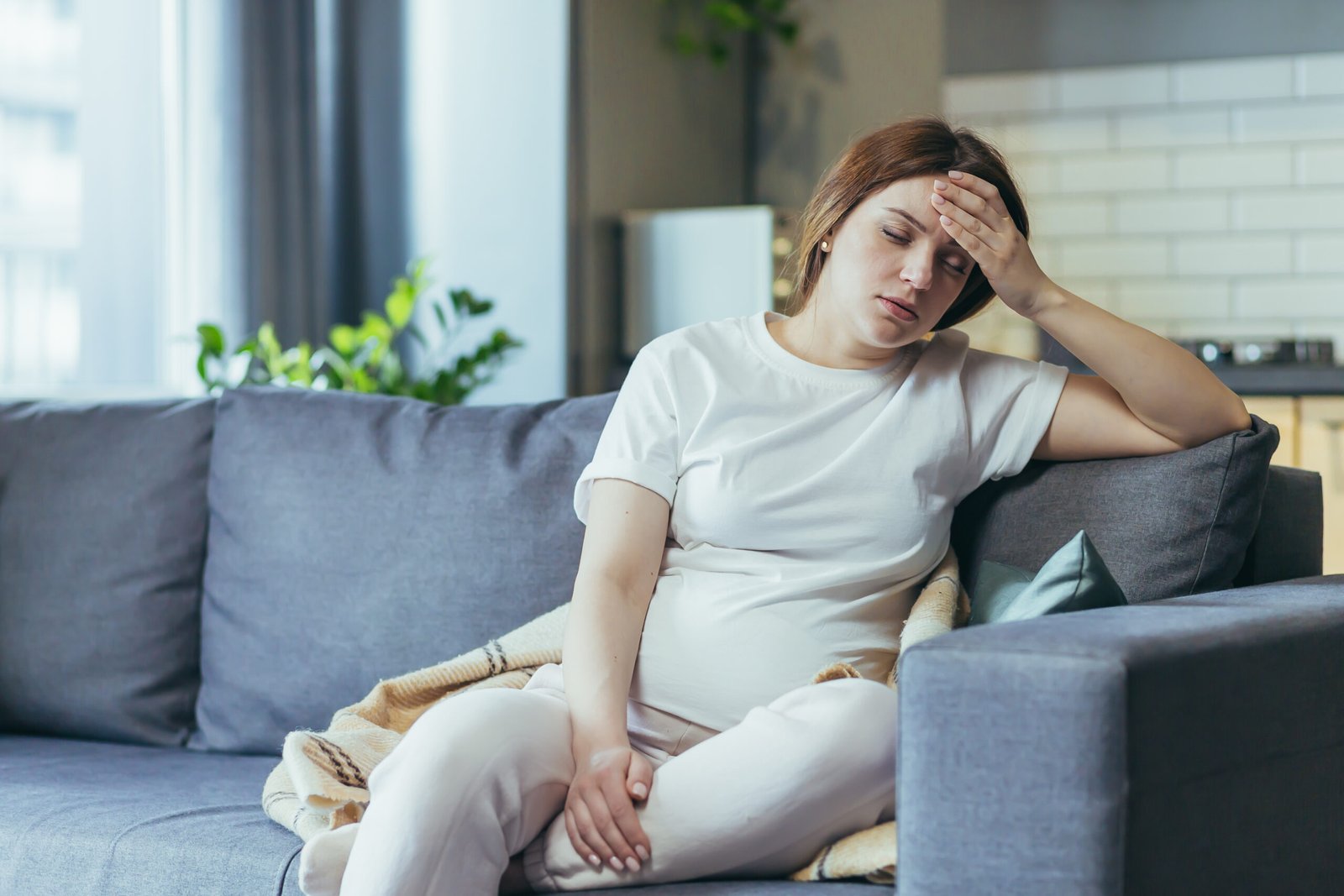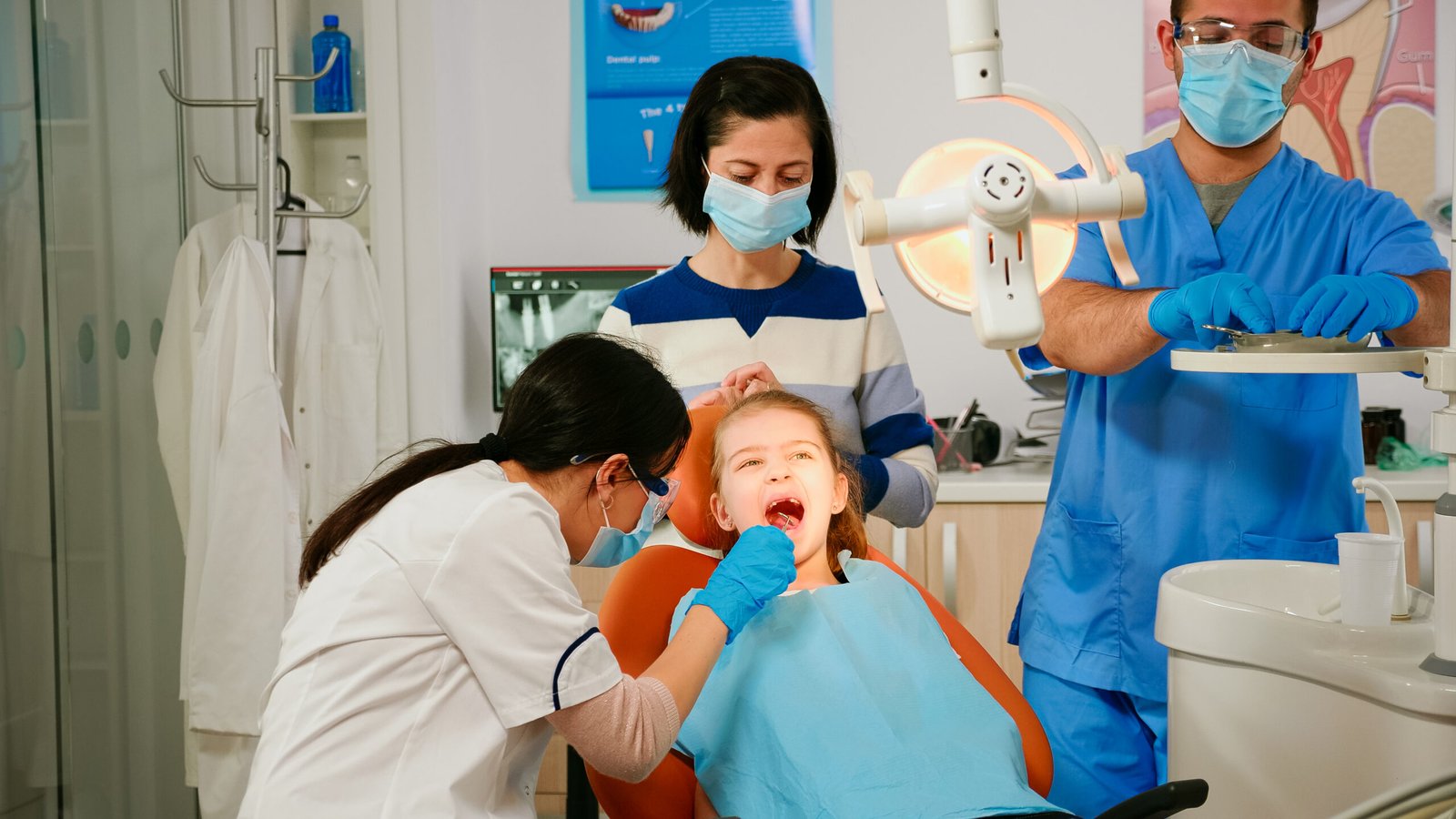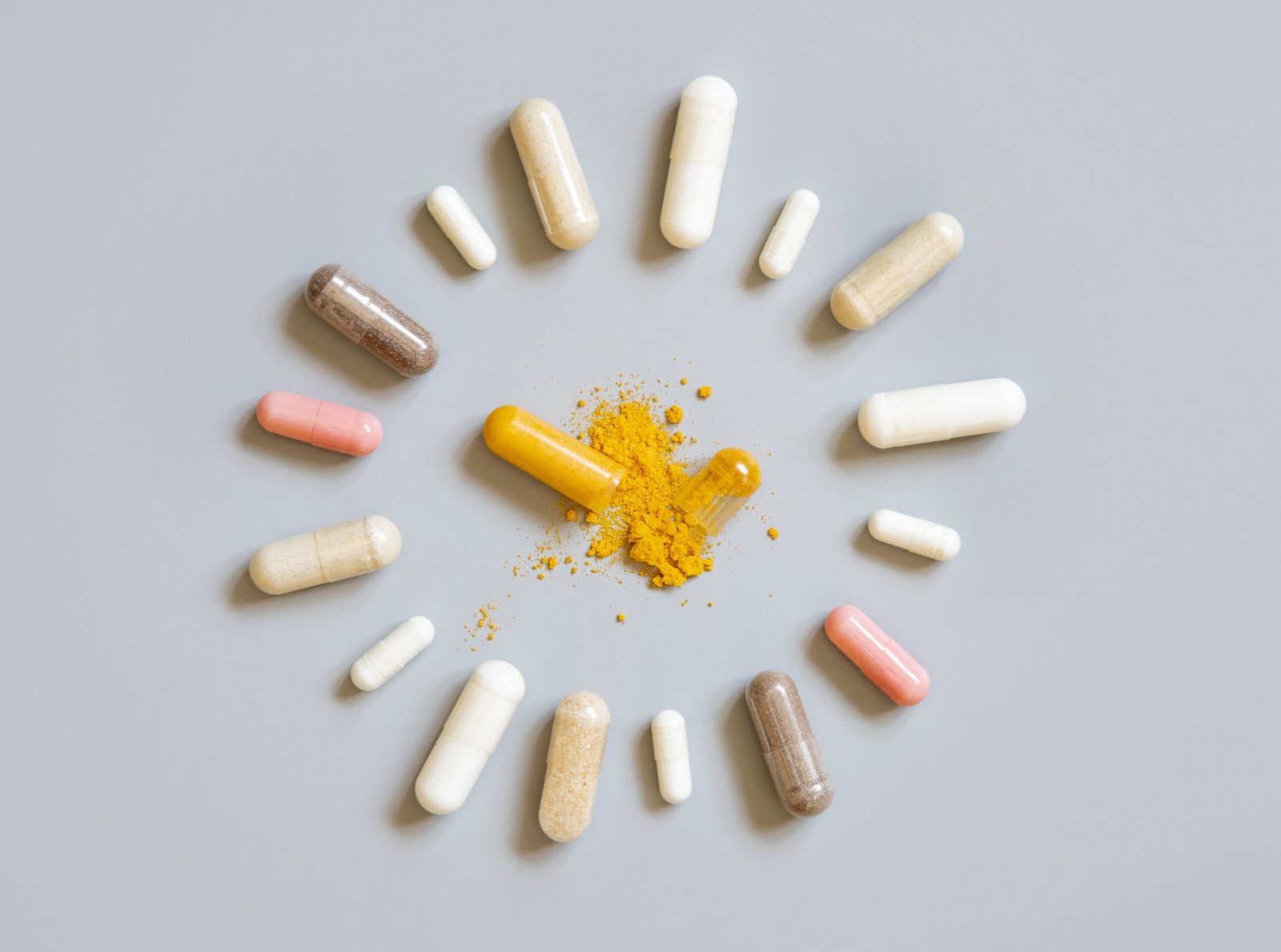Signs of Hormone Imbalance After Pregnancy:
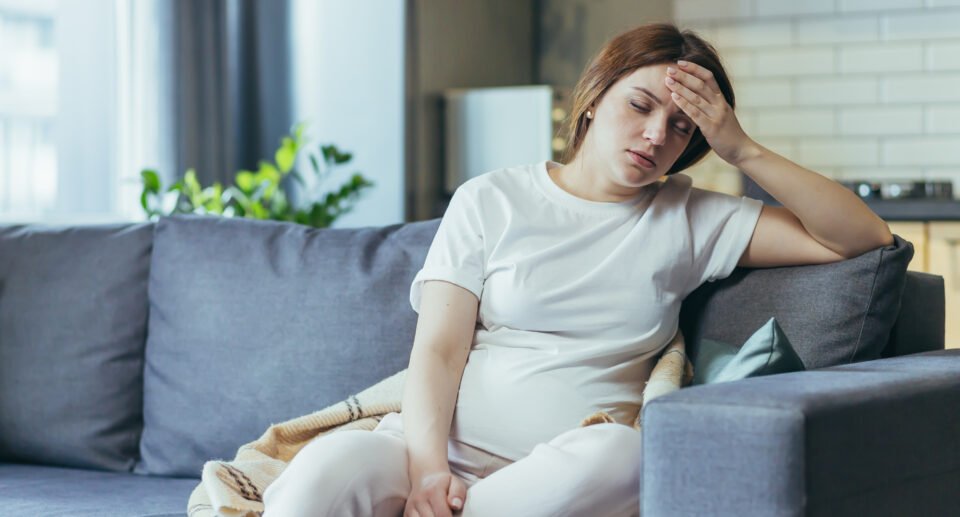
Hormone Imbalance are something that develops in every woman and includes the chemicals responsible for controlling most of the functions of the body. Other events like periods, pregnancy, or even menopause bring major, noticeable hormonal changes. But these are not the only factors that can cause one to have hormonal imbalances.
People can comprehend the various issues a person has that hinder his or her well-being and assist in recovering. Here are some important things regarding hormonal problems:
Hormone Imbalance Definition?
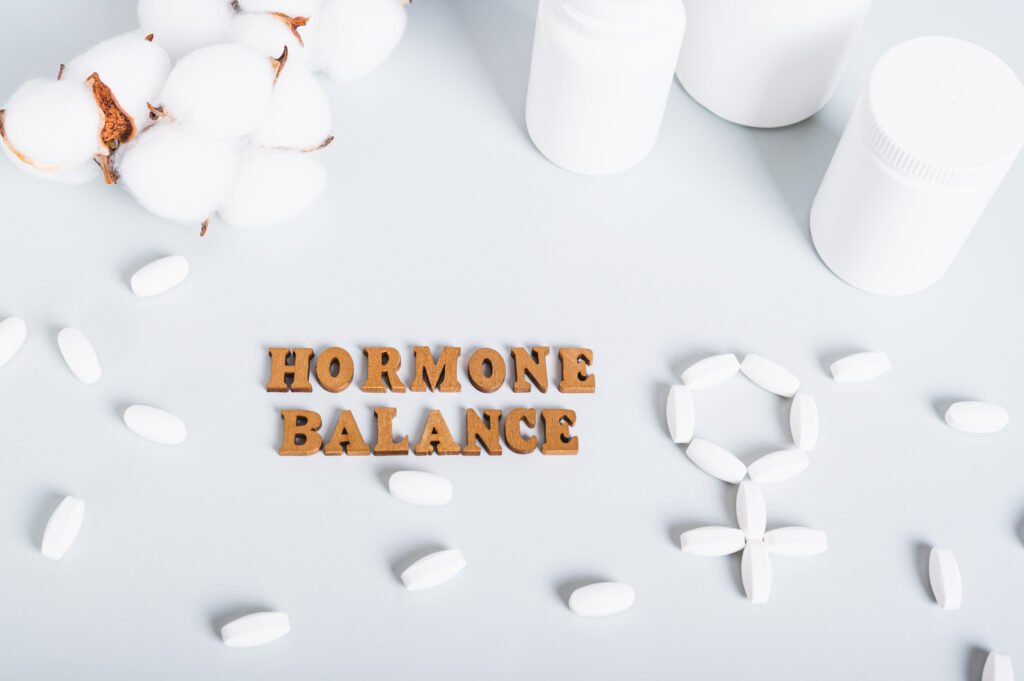
In the human body, there are over 50 types of hormones that operate like musical instruments in a musical orchestra. Just one change of “instruction” will distort even one “salt”.
The glands of the body secrete hormones into the blood. Their distribution is anywhere, affecting systems such as:
- Body growth system
- Energy metabolism
- Mood development
- Reproductive system
- Sex reproduction
Lack, excess, or or the appropriate production of a hormone buh affects anyone of the above functions.
Why Do You Have Hormone Imbalance?
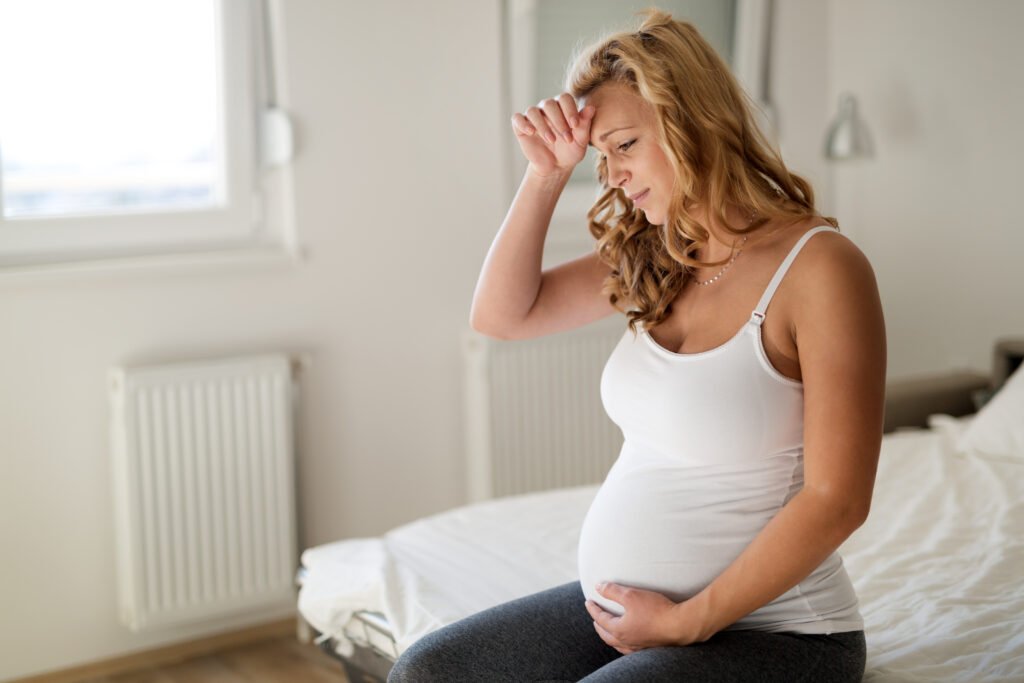
There are some limitations and events in which the female body changes the level of hormones. One’s age is capable of determining the production level of hormones and their functional level. There are other stages of life like puberty which will also affect the hormone level.
Other potential medical conditions that may lead to hormone imbalance may not be experienced by everyone.
Hormone disturbance conditions include:
Addison’s disease:
It is a condition that affects the ability of the adrenal glands to produce hormones.
Congenital adrenal hyperplasia (CAH):
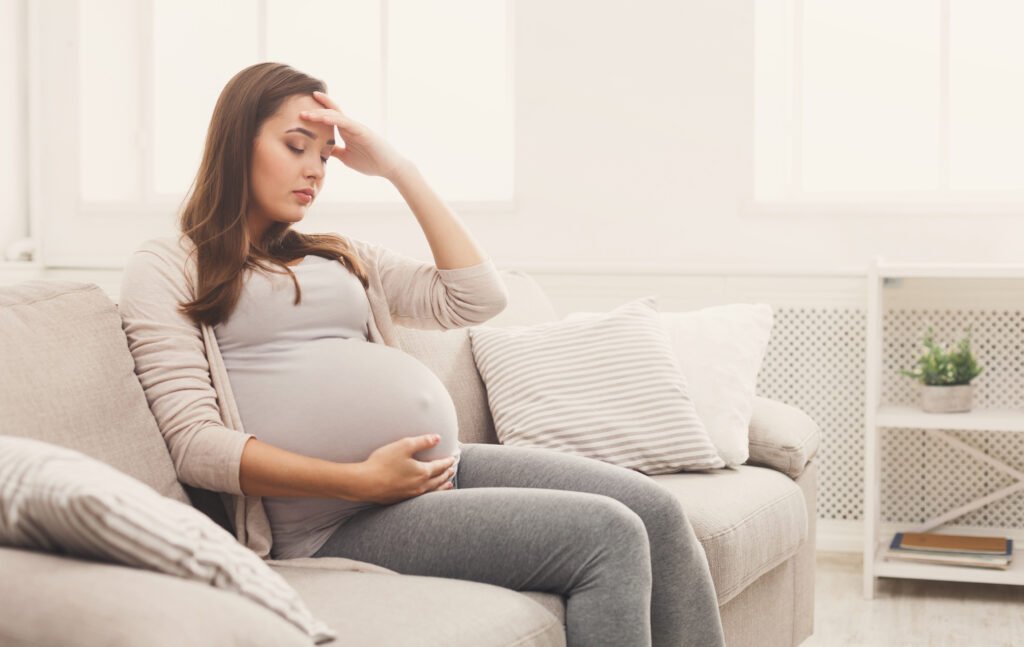
Results in abnormal cortisol usage (a stress-stimulating hormone) and testosterone (a male hormone)
Diabetes:
Is concerned with the hormone responsible for regulating blood sugar levels(the hormone insulin)
Polycystic ovary syndrome (PCOS):
This causes an abnormally high amount of male hormones in the body of a biological female.
You can also have hormonal imbalance as a result of:
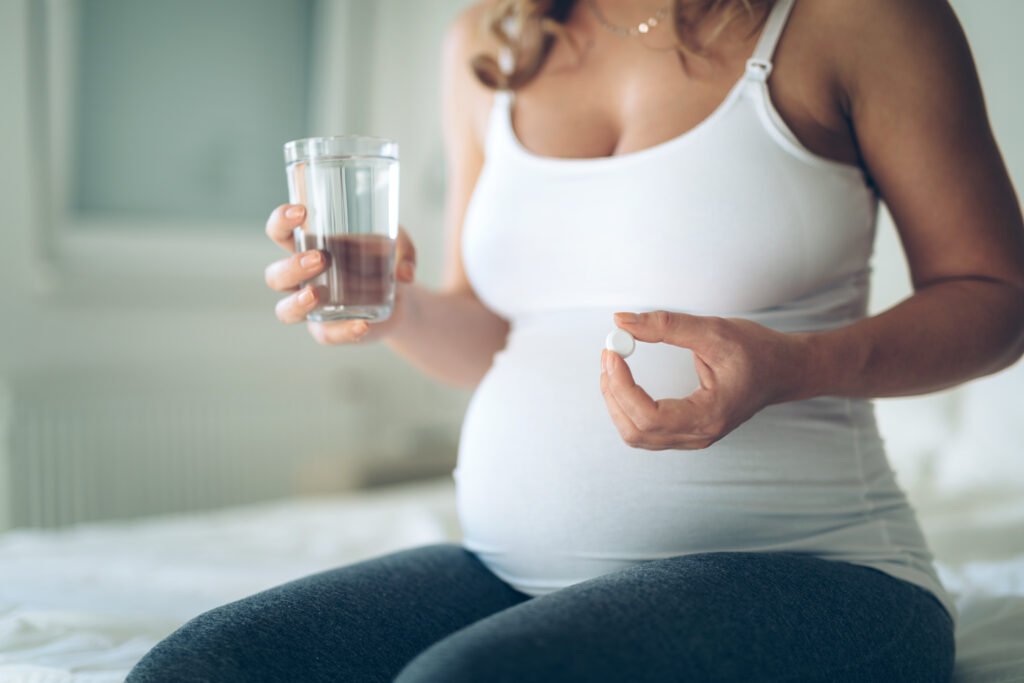
Cysts and neoplasms:
Drugs: For example, contraception because of hormonal imbalance or malignant diseases
Environmental exposure chemicals
Strain
Recognizing the Symptoms of Hormonal Imbalance after Delivery:
Pregnancy for several women is a roller coaster. Children are quite tiring in itself. Each woman’s experience of being a childbearing mother is different but most will not say it is rosy (first and the third trimesters, I see you!). However fair and unfair it is its highs and lows, the subsequent dysphoria can be more pronounced.
This is mainly because of the hormonal shock witnessed within the first 5 days postpartum and almost weeks thereafter. Within moments of birth, levels of both estrogen and progesterone plummet.
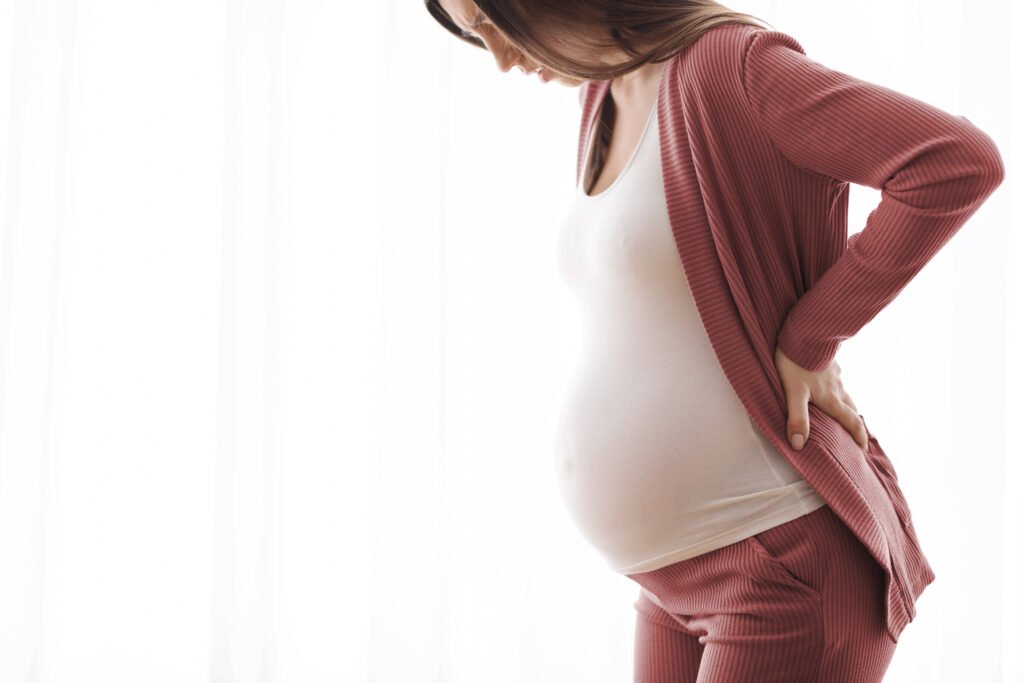
But how does one know something else is amiss in the body in the period after childbirth even when these psychosocial changes are normal?
Apart from the fact that you have just delivered and looked after the infant, there could be various concerns as to why you are feeling like yourself. Yes, everything changed for you in just one day. However, in the months following the delivery, this can largely depend on the hormone production in your body.
There will be fluctuations in the hormonal changes within you many times when you will heal recover, commence breastfeeding et cetera.
At the labor end and shortly laboring, the hormones come to the lowest percentile immediately the progesterone and estrogens are at their highest percentile. This can give rise to what is commonly referred to as ‘baby blues’ as well as anxiety, mood changes, and irritability among others.
Some signs of hormone imbalance include:
Severe Emotional Disturbances:
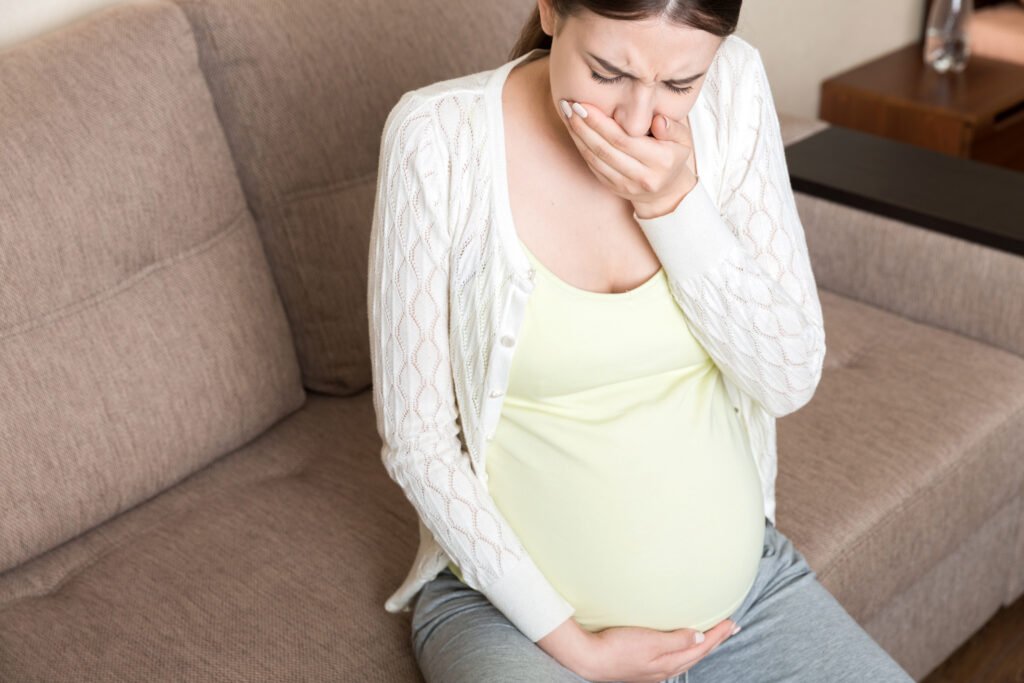
Migraines, panic attacks, and other mood symptoms are normal occurrences for first-time moms after delivery. Post-child birth and raising one could cause feelings of weariness and emotions going haywire as one copes with the fact of lack of sleep with a new baby. But if undue emotions that are not characteristic of you trouble you, especially towards the end of the first year of your baby’s life, repeated hormonal imbalances can be the cause. Such extreme emotional disturbances could indicate
Chronic Fatigue:

Without a doubt, parents would attest to feeling ’exhausted,’ especially in the first year that follows a parent’s transition into a new role….regardless of their level of activity or in some cases, even beyond it. However, if the fatigue persists to the point of impacting other areas, then the person may have chronic fatigue syndrome. This debilitating sense of tiredness affects the mood, relationships, and one’s ability to look after oneself and the infant. This persistent weariness could also mean that there is a hormonal imbalance which would call for investigation.
Reduced or No Interest in Sex:

Prolactin is the breastfeeding hormone that is responsible for milk production but it tends to suppress other hormones, especially estrogen and progesterone. The physical and cognitive strain from breastfeeding could also minimize or completely dampen sexual libido. During the growing years, however, there comes a time around six months and often when solids start to be taken one’s libido dips may become an issue but once equilibrium of hormones is achieved.
Infrequent or Irregular Menstrual Cycle:

After delivery, the issue of how to regularly menstruate will not be so apparent. For most women, it takes several months before they will even have a menstrual cycle on a regular. This is more pronounced when one is lactating. If you are fully breastfeeding, having a period may not occur in the years or more after childbirth.
Slow or Fast Weight Gain or Loss:
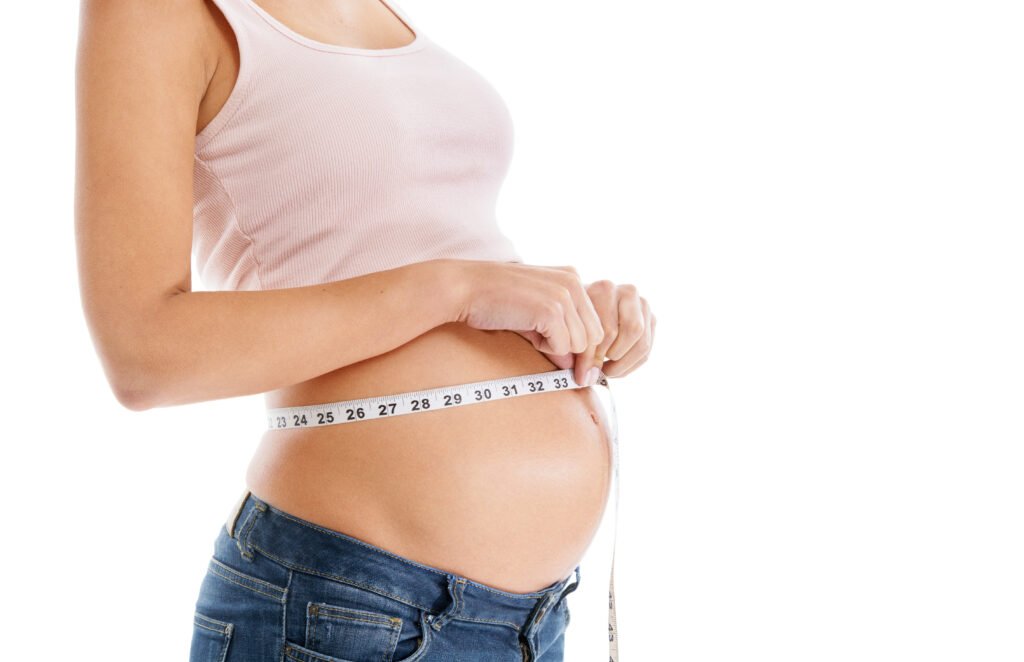
Understandably, people would like to shed some weight once they give birth. Weight issues during or after pregnancy can result from factors such as lack of sleep, stress, and just feeling busy. However, if you sit down and organize your meals well, and you continue gaining or losing weight rapidly, then there is a possibility that you have a thyroid hormone imbalance.
Is Hormone Imbalance changes Exasperation?

Post-baby blues have been an issue that many women have had particularly new mothers and especially due to anxiety disorders and depression. There are symptoms that even the sufferer may not take very seriously but it is very important to attend to as early treatment decreases the chronicity. One more denoting early beginners’ situations with episodes simulating psychotic hysteria as well as or absence of dominance relevance and behavior in self-care and child caretaking. Most are a result of shifts and changes in the concentration of hormones. If not addressed, such symptoms might progress and shake your overall well-being, your relationships, and how well you care for your child.
Hair problems:

Your locks might not just transform in thickness, color, density, and growth, but the very hair structure and cycle may change too. When it comes to hormone imbalances, changes in your hair structure and its growth are common. However, pregnancy seems to help many women to sport a lot of hair which is fine since it is due to the influence of pregnancy hormones. A hormone imbalance can manifest both in excess hair loss and in heavy hair growth.
Digestive Distress:
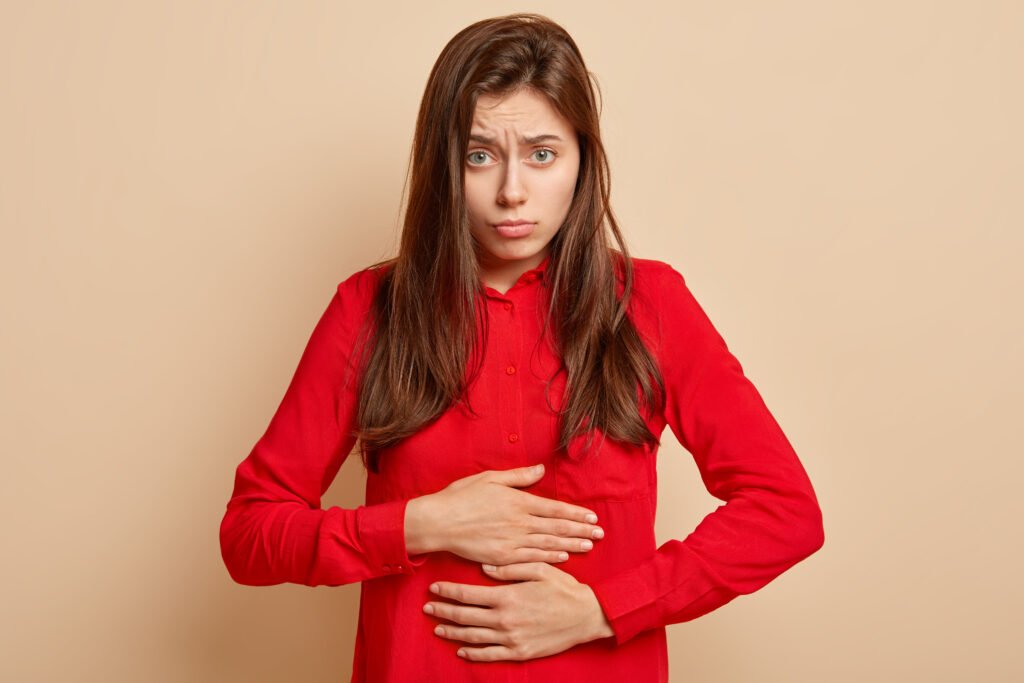
Hormonal factors including estrogen hormone and the progesterone hormone impact your metabolism and even promote your digestive system. In the absence of proper belly balance, any strangulation in the stomach upsets the digestion cycle leading to constipation or diarrhea. It has been shown that in some people, lack of hormone balance may also lead to the management of irritable bowel syndrome (IBS). Disturbing digestive processes often have an association with the menstrual cycle. This is the reason why it becomes mandatory to realize the signs and get specialist care at the earliest.
Skin-Related Issues:
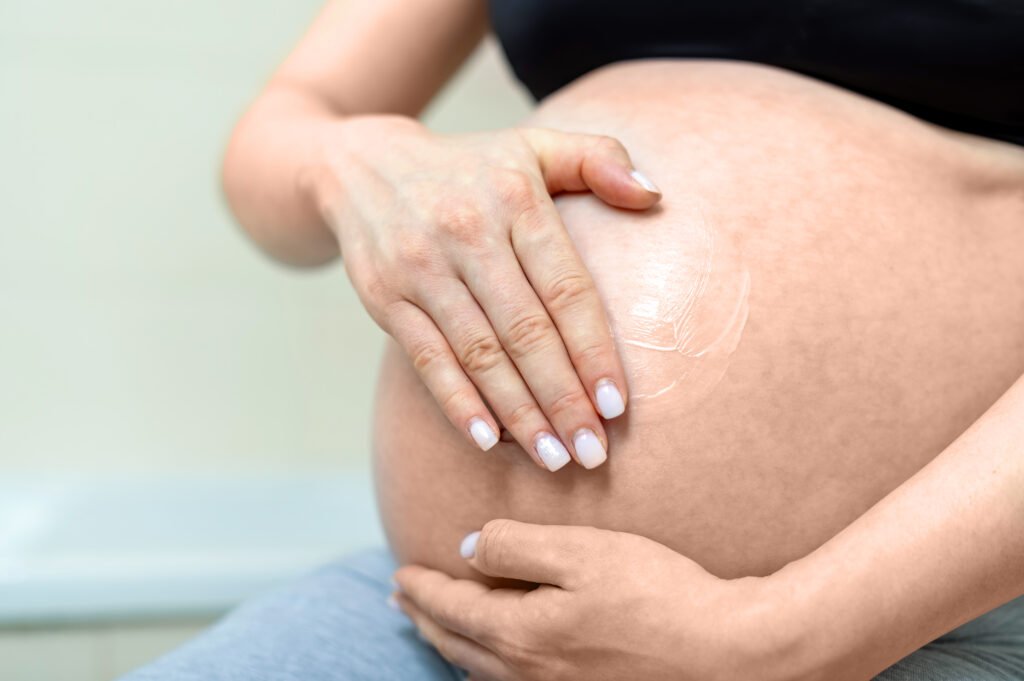
Dermatological problems A hormone imbalance will affect the color and the surface of the skin. Increased levels of progesterone, e.g. during pregnancy, may be a reason why you get more acne on your face, chest, and back. Changes in hormones like estrogen and progesterone may also cause excessive formation of pigments on the skin known as dark marks. These patches commonly occur in the inner folds of the body like in the neck region or groin and beneath the breast area.

